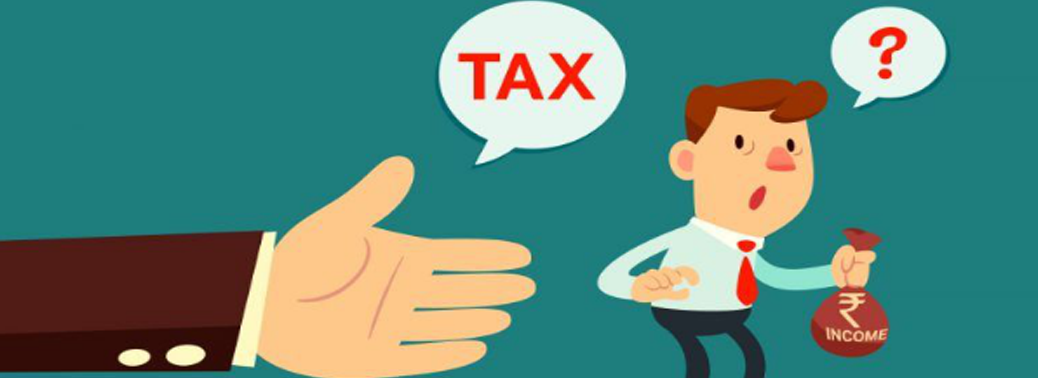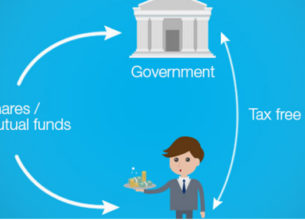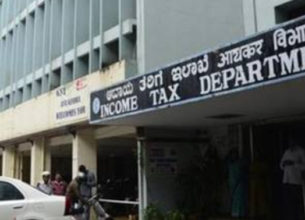RAJYA SABHA NOD FOR VIVAD SE VISHWAS BILL
14, Mar 2020

Prelims level : Taxes and Taxation
Mains level : GS-III Indian Economy and issues relating to planning, mobilization of resources, Growth, Development and Employment.
Why in News?
- Recently, the Parliament has passed an amendment to the ‘Direct Tax Vivad se Vishwas Bill, 2020’ in order to widen its scope to cover litigation pending in various Debt Recovery Tribunals (DRTs).
About the Amendment:
- The amendment also includes certain search and seizure cases where the recovery is up to Rs. 5 crore.
- Therefore, the Bill in current form allows taxpayers to settle cases pending before the Commissioner (Appeals), Income Tax Appellate Tribunals (ITATs), Debt Recovery Tribunals (DRTs), High Courts and the Supreme Court.
- The Direct Tax Vivad se Vishwas Bill, 2020 is similar to the ‘Sabka Vishwas Scheme’, which was brought in to reduce litigation in indirect taxes in the year 2019. It resulted in settling over 1, 89,000 cases.
- Under the Sabka Vishwas Scheme, the government expected to raise around 39,500 crore. However, after the closure of the amnesty window in January 2020 application in relation to taxes worth Rs. 90,000 crore were received. This shows the success of the scheme.
What are its Key Features?
- Objective: The Bill provides a mechanism for resolution of pending tax disputes related to direct taxes (Income Tax and Corporate Tax)in simple and speedy manner.
- Reduce Litigation: According to the Finance Ministry, at present there are 4.83 lakh pending direct tax cases worth Rs.9 lakh crore in the courts. Through this scheme, the government wants to recover this money in a swift and simple way
- Addressing Revenue Shortfall: The government is witnessing a big shortfall in revenues, especially tax revenues, hence, increasing revenues in one of the priorities of the Government.
- Direct Tax collections have been lower than their budget targets due to the overall economic slowdown and a cut in the corporate tax rate in September, 2019.
- Mechanism: In case of payment of tax, a taxpayer would be required to pay only the amount of the disputed taxes and will get complete waiver of interest, penalty and prosecution provided he/she pays by March 31, 2020.
- But, if the tax arrears relate to disputed interest or penalty only, then 25% of disputed penalty or interest will have to be paid.
- Those who avail this scheme after March 31, 2020 will have to pay some additional 10% amount. However, the scheme will remain open till June 30, 2020.
- Immunity to Appellant: Once a dispute is resolved, the designated authority cannot levy interest or penalty in relation to that dispute.
- Further, no appellate forum can make a decision in relation to the matter of dispute once it is resolved.
- Revival of Disputes: However, if an appellant provides false information or violates the Income Tax Act, 1961, then case of dispute can be revived.
Other Issues Related to the Bill:
- Few MP’s also raised concern about the Hindi name of the bill, which claimed to be a violation of Article 348.
- Article 348 talks about the Language to be used in the Supreme Court and in the High Courts and for Acts, Bills, etc.
- Notwithstanding anything in the foregoing provisions of this Part, until Parliament by law otherwise provides
- all proceedings in the Supreme Court and in every High Court,
- the authoritative texts
- of all Bills to be introduced or amendments thereto to be moved in either House of Parliament or in the House or either House of the Legislature of a State,
- of all Acts passed by Parliament or the Legislature of a State and of all Ordinances promulgated by the President or the Governor of a State, and
- of all orders, rules, regulations and bye laws issued under this Constitution or under any law made by Parliament or the Legislature of a State, shall be in the English language.










